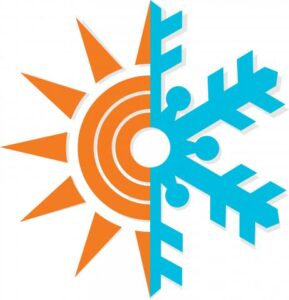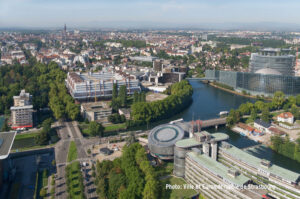
Heating and cooling consume half of the EU’s energy and much of it is wasted. The lion’s share of heating and cooling is still generated from fossil fuels, mainly natural gas, while only 18% is generated from renewable energy. In order to fulfil the EU’s climate and energy goals, the heating and cooling sector must therefore sharply reduce its energy consumption and cut its use of fossil fuels. To this end the European Commission adopted a heating and cooling strategy in February 2016 as part of the wider Energy Union Package. A number of activities and projects
funded by the programmes of European Union are supporting this new EU heating and cooling strategy.



